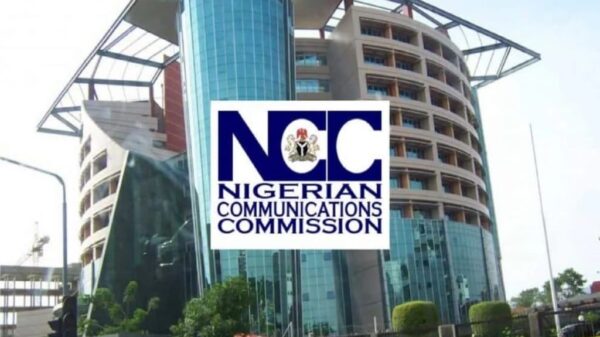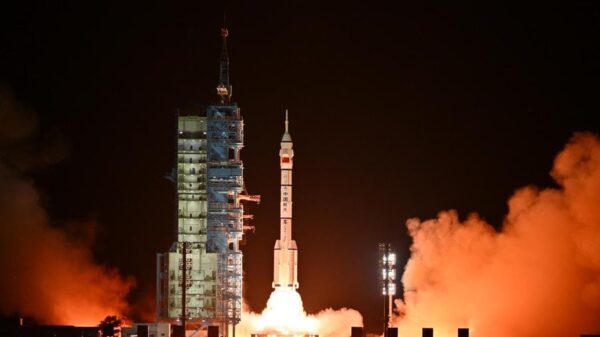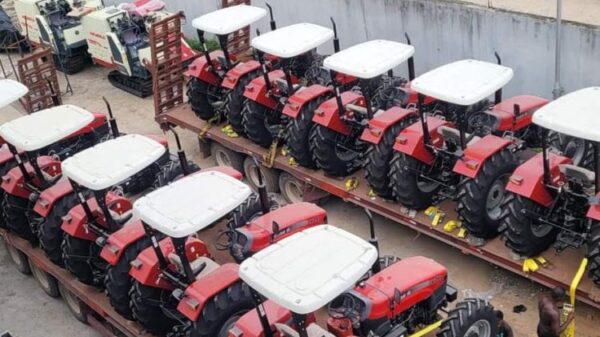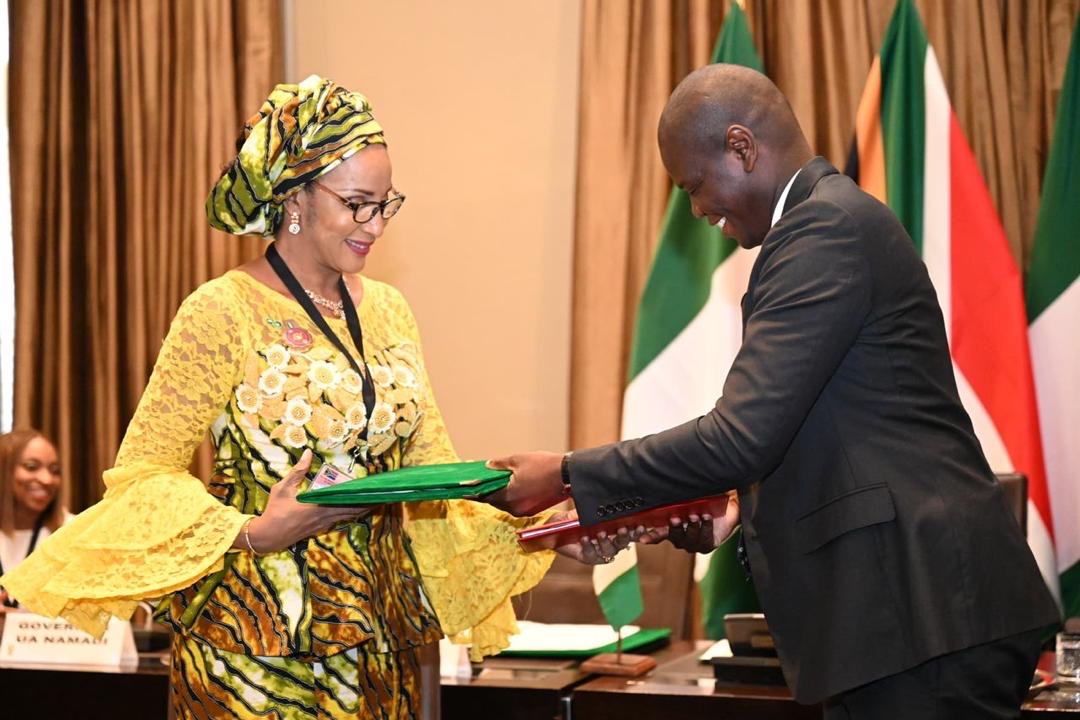Nigeria and South Africa have agreed to urgently finalise the five-year-old Memorandum of Understanding (MoU) on the Early Warning Mechanism, which monitors threats of violence, acts of criminality, and reprisals involving nationals of both countries.
The decision was revealed on Tuesday in a communiqué released at the end of the 11th session of the Nigeria-South Africa Bi-National Commission (BNC) in Cape town.
President Bola Tinubu and President Cyril Ramaphosa co-chaired the meeting.
In the wake of the attacks on Nigerians in South Africa, both countries agreed to establish an Early Warning Mechanism to prevent such attacks.
Before the 11th BNC meeting, both parties agreed to harmonise all contentious areas, conclude, and present during the 11th session of the BNC.
The joint communique, read by South Africa’s Minister of International Relations and Cooperation, Ronald Lamola, said the two leaders underscored the urgent need to finalise the MoU.
“To this end, it was agreed that the MoU will be signed no later than March 2025, during the visit of the South African Minister of International Relations and Cooperation to Nigeria for political consultations,” Lamola said.
Presidents Tinubu and Ramaphosa welcomed the ongoing negotiations to conclude other new agreements.
According to the communique, both leaders renewed their commitment to work closely to broaden and sustain the two nations’ bilateral relationship to enhance strategic cooperation and partnership for mutual benefit.
“In this regard, the Heads of State and Government directed the various Ministries, Departments and Agencies to deepen their cooperation in the context of the BNC.
“The Heads of State and Government welcomed the high levels of economic cooperation between the two countries.
“In this regard, they welcomed the significant investments of South African companies in Nigeria and encouraged corresponding Nigerian investments in the South African economy.
The joint communique read, “The leaders recognised the need for the two countries to create an enabling business environment.”
On the African Continental Free Trade Area (AfCFTA), which both Nigeria and South Africa have ratified, the two leaders committed to working towards increased and balanced trade between the two countries by utilising the opportunities provided by the agreement.
Nigeria and South Africa also agreed to collaborate on programmes that address mutual challenges in food and nutrition security, strengthen meaningful digital connectivity, and take leadership in developing artificial intelligence.
They also committed to expanding digital literacy initiatives and prioritising data protection and online safety for all citizens.
Nigeria and South Africa affirmed their resolve to coordinate their positions on the upcoming African Union elections to ensure the election of candidates committed to advancing the continent’s development agenda.
They reiterated their mutual support for equitable representation within African Union institutions that reflect the continent’s diverse perspectives.
South Africa congratulated Nigeria on the reappointment of Dr Ngozi Okonjo-Iweala as the Director General of the World Trade Organisation, as both countries agreed to work closely together in international organisations.
South Africa solicited Nigeria’s support for its candidate, Ms Swazi Tshabalala, for the position of President of the African Development Bank.
Equally, Nigeria solicited South Africa’s support for the re-election of Ambassador Bankole Adeoye as the African Union Commissioner for Political Affairs, Peace and Security.
The Heads of State and Government are committed to working closely with the African Union and each other to advance the African Agenda in pursuit of the implementation of Agenda 2063.
Nigeria highlighted its efforts, as well as those of other members of the ECOWAS bloc, to foster and promote peace and security.
South Africa also outlined the efforts undertaken by the Southern African Development Community to support peace initiatives in the eastern Democratic Republic of the Congo and northern Mozambique.
“The Delegations also underscored the need to redouble efforts to realise the African Union Agenda 2063 Aspiration to “Silence the Guns”.
“In this regard, the Heads of State and Government expressed concern at the devastating conflict in Sudan, which has resulted in the loss of lives, destruction of infrastructure and property and a humanitarian crisis.”
Similarly, the two presidents agreed to intensify support for the cause of Western Sahara for self-determination, freedom, and justice.
Nigeria congratulated South Africa on its assumption of the G20 Presidency on December 1, 2024. It commended South Africa on its priorities: inclusive economic growth, industrialization, inequality reduction, food security, artificial intelligence, data governance, and innovation.
On the escalating crisis in the Middle East, the two countries adopted a joint position calling for an immediate ceasefire and a return to diplomacy.
They emphasised the importance of upholding international humanitarian law, ensuring the protection of civilians, and promoting sustainable peace in the region.
























